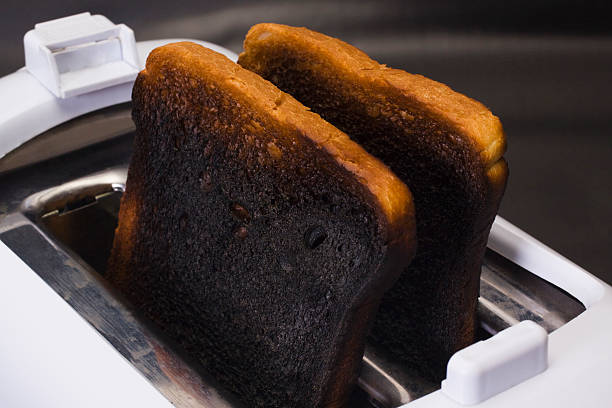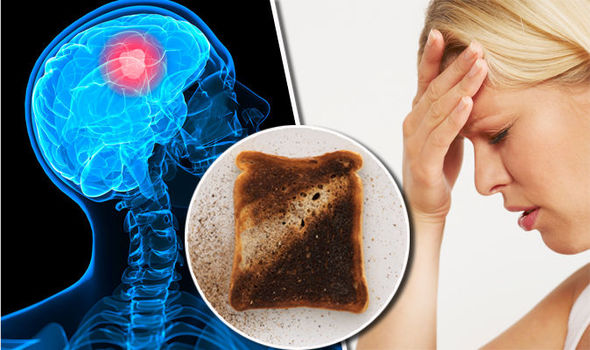Smelling Burnt Toast: Causes, Symptoms, and Potential Health Risks
Smelling burnt toast is an intriguing phenomenon that has puzzled many individuals. It refers to the perception of a distinct odor resembling burnt toast when there is no actual source of the smell present. In this article, we will delve into the causes, symptoms, and potential health risks associated with smelling burnt toast.

Smell of Burnt Toast
Section 1: What Causes the Smell of Burnt Toast?
1.1. Neurological Factors:
One possible cause of smelling burnt toast is related to neurological conditions, such as migraines or seizures.
These conditions can disrupt the brain's olfactory system, leading to the perception of unusual smells.
1.2. Phantosmia:
Phantosmia is a condition characterized by smelling odors that are not actually present.
It can be caused by various factors, including nasal infections, head injuries, or exposure to certain chemicals.
Section 2: Symptoms Associated with Smelling Burnt Toast
2.1. Olfactory Perception:
The primary symptom of smelling burnt toast is the perception of a strong odor resembling burnt toast, even when there is no apparent source.
Individuals experiencing this symptom may find it persistent or intermittent.
2.2. Additional Sensory Disturbances:
In some cases, smelling burnt toast may be accompanied by other sensory disturbances, such as altered taste or visual changes.
These additional symptoms can vary depending on the underlying cause.
Section 3: Health Risks and Underlying Conditions
3.1. Migraines:
Smelling burnt toast can be a sensory aura experienced prior to a migraine headache.
While not directly harmful, migraines can cause significant discomfort and may require medical attention.
3.2. Seizure Disorders:
Certain types of seizures, particularly those affecting the temporal lobe, can manifest as olfactory hallucinations, including the smell of burnt toast.
Seizure disorders should be properly diagnosed and managed by a healthcare professional.
3.3. Nasal Infections:
Sinus or nasal infections can lead to phantosmia, resulting in the perception of odors like burnt toast.
Treating the underlying infection is crucial to alleviate this symptom.
3.4. Brain Tumors:
Although rare, certain types of brain tumors can cause olfactory hallucinations, including the smell of burnt toast.
It is essential to consult a healthcare specialist for a proper diagnosis if this symptom persists or worsens.

Burnt Toast
Section 4: When to Seek Medical Attention
4.1. Persistent Symptoms:
If you consistently experience the smell of burnt toast without any apparent cause, it is advisable to consult a healthcare professional.
They can evaluate your symptoms, perform necessary tests, and determine the underlying cause.
4.2. Associated Symptoms:
If the smell of burnt toast is accompanied by other concerning symptoms like headaches, visual disturbances, or seizures, seeking medical attention is crucial for an accurate diagnosis and appropriate treatment.
While smelling burnt toast can be an intriguing phenomenon, it is essential to understand the potential causes, associated symptoms, and health risks. Whether it is related to neurological factors, phantosmia, or an underlying condition, seeking medical guidance can provide valuable insights and ensure appropriate care. Remember, proper diagnosis and treatment are vital to address any underlying issues and promote overall well-being.